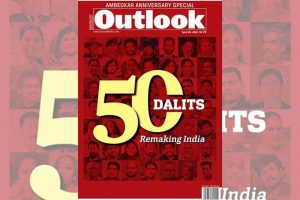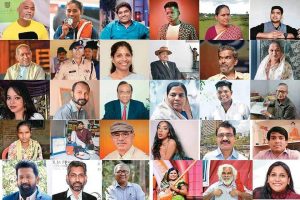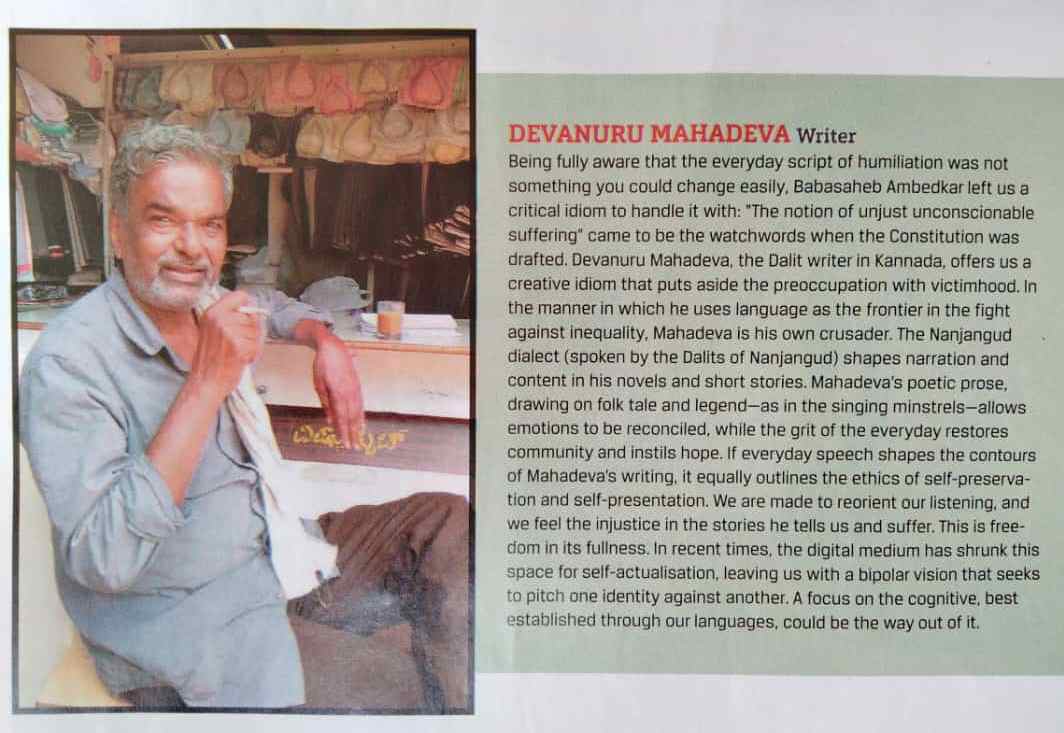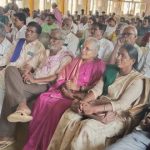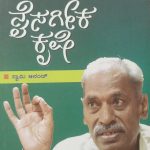“Outlook” Ambedkar Anniversary Special -2021
[“Outlook” magazine has honored 50 eminent Dalits who have rebuilt India, in a special issue on April 26, 2021, on the occasion of Ambedkar’s anniversary, by tying their short films. This special episode is moderated by Reuben Banerjee. The article about Devanura Mahadeva published in it has been compiled by writer and translator Susan Daniel and is here for our reading……] [“Outlook” ಪತ್ರಿಕೆಯು 2021ರ ಏಪ್ರಿಲ್ 26ರಂದು ಅಂಬೇಡ್ಕರ್ ವಾರ್ಷಿಕೋತ್ಸವ ನಿಮಿತ್ತ ಹೊರತಂದಿರುವ ವಿಶೇಷಾಂಕದಲ್ಲಿ, ಭಾರತವನ್ನು ಪುನರ್ ನಿರ್ಮಾಣ ಮಾಡಿದ 50 ಮಂದಿ ಗಣ್ಯ ದಲಿತರನ್ನು ಗುರುತಿಸಿ, ಅವರ ಕಿರುಚಿತ್ರಣವನ್ನು ಕಟ್ಟಿಕೊಡುವ ಮೂಲಕ ಗೌರವ ಸಲ್ಲಿಸಿದೆ. ಈ ವಿಶೇಷ ಸಂಚಿಕೆಯನ್ನು ರೂಬೆನ್ ಬ್ಯಾನರ್ಜಿಯವರು ಸಂಯೋಜಿಸಿದ್ದಾರೆ. ಅದರಲ್ಲಿ ಪ್ರಕಟವಾಗಿರುವ ದೇವನೂರ ಮಹಾದೇವ ಅವರನ್ನು ಕುರಿತ ಬರಹವನ್ನು ಲೇಖಕಿ, ಅನುವಾದಕಿ ಸೂಸಾನ್ ಡೇನಿಯಲ್ ಅವರು ಕಟ್ಟಿಕೊಟ್ಟಿದ್ದು, ನಮ್ಮ ಓದಿಗಾಗಿ ಇಲ್ಲಿದೆ……]
Devanuru Mahadeva – Writer
Being fully aware that the every day script of humiliation was not something you could change easily, Dr. Babsaheb Ambedkar left us a critical idiom to handle it with: “ The notion of unjust unconscionable suffering” came to be the watchwords when the constitution was drafted.
Devanuru Mahadeva – the Dalith Writer in Kannada, offers us a creative idiom, that puts aside the preoccupation with victimhood. In the manner in which he uses language as the frontier in the fight against inequality, Mahadeva is his own crusader. The Nanjangud dialect (spoken by the daliths of Nanjangud) shapes narration and content in his novels and short stories. Mahadeva’s poetic prose that draws on folk tale, and legend – as in the singing minstrels – allows emotions to be reconciled, while the grit of the every day restores community, and instills hope .
If every day speech shapes the contours of Mahadeva’s writing, equally, it outlines the ethics of self preservation and self presentation. We are made to reorient our listening, and we feel the injustice in the stories he tells us, and suffer. This is freedom in it’s fullness.
In recent times the digital medium has shrunk this space for self actualisation, leaving us with a bipolar vision that seeks to pitch one identity against another. A focus on the cognitive, best established through our languages, could be the way out of it.
